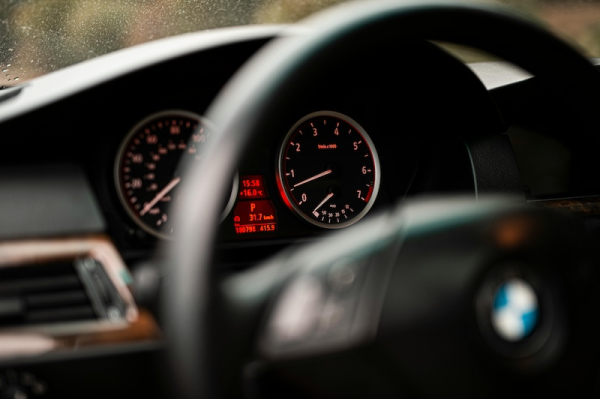
- Next Article Snowfall returns as April weather takes wintry turn
Finland’s government will review the conditions under which 17-year-olds can be granted driving licences, following criticism of a 2018 law reform that relaxed requirements for teenage drivers.
The decision follows recent fatal accidents and growing concerns about youth road safety. Minister of Transport and Communications Lulu Ranne said the current law allows too much flexibility, enabling young people to obtain special permits without sufficient justification or adequate training.
“The age limit for driving licences remains unchanged, but the conditions for exemptions will be reviewed critically,” Ranne said in a press release. “Driving instruction must also be reassessed in full, especially in light of traffic safety.”
Finland’s legal age to obtain a driving licence is 18, but since the 2018 law reform, 17-year-olds have been eligible for permits under “adequate” rather than “compelling” reasons. As a result, the number of underage permit holders has grown significantly. According to officials, more than 90 percent of applicants receive the exemption, making one in four 17-year-olds eligible to drive.
The reform also reduced the number of compulsory instruction hours. Prior to the change, learners had to complete 20 hours of theory and 17 hours of practical driving. That was cut to eight hours of theory and 10 hours of practice.
Ranne said the government will examine whether those reductions have contributed to weaker preparedness among young drivers.
“The use of simulators or distance learning cannot replace contact teaching provided by professionals,” she added.
Public scrutiny of the permit system has increased since a recent accident in Nurmijärvi, where two teenagers died in a crash. The driver held a special exemption permit. Police suspect excessive speed was the cause. Another fatal crash involving young drivers occurred in the same area shortly before.
In parliament, lawmakers have also raised concerns about the reform. Critics say the changes have normalised early licensing, putting pressure on young people to start driving earlier than necessary. The current system, they argue, no longer reflects the original intention of providing exemptions only for specific cases such as commuting to school from remote areas.
The Ministry of Transport and Communications is now exploring further restrictions. These include limiting the number of passengers young drivers can carry, restricting night-time driving, and increasing mandatory training hours. The changes are expected to be introduced within the current parliamentary term.
Statistics from Finland’s traffic safety authorities indicate that young drivers face a significantly higher risk of serious accidents. Nationwide, around 40 young people between the ages of 15 and 24 die in road accidents each year. In proportional terms, Finland has one of the highest youth fatality rates in Europe.
Ranne said the purpose of the upcoming changes is not to take driving rights away from young people but to ensure that safety is prioritised. She also noted that the government will seek to ensure that travel to school or hobbies remains possible under the revised rules.
“The goal is to close loopholes that have allowed permits to be granted without sufficient cause,” Ranne said. “No one should be given a licence based on vague or false claims.”
The ministry expects to finalise the new conditions and submit proposed changes to parliament later this year.
HT
- Next Article Snowfall returns as April weather takes wintry turn
Source: www.helsinkitimes.fi
